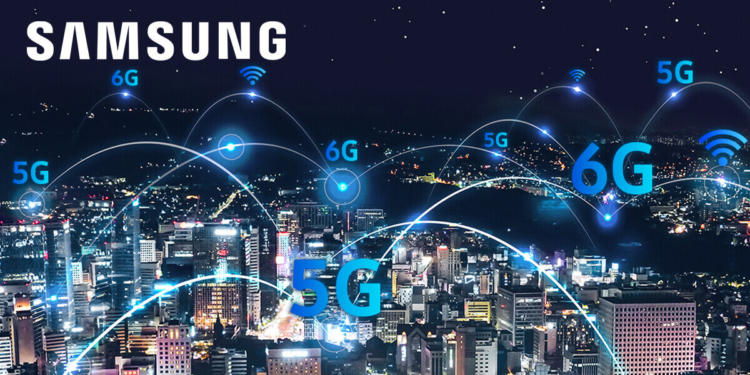Samsung Electronics said on Tuesday that it anticipates the mass commercialization of sixth-generation (6G) services by 2030 as it aspires to improve the next-generation communications system by developing new technologies.
Samsung projected that the 6G standard network could start as early as 2028 with mass commercialization of the system taking place in 2030, as stated in its publication entitled “The Next Hyper-Connected Experience for All.”
Choi Sung-Hyun, head of the Advanced Communications Research Center at Samsung Research, said that the period it takes to start preparing for 6G research and commercialization would approximate around ten years.
South Korea seeks to attain the first commercialization of 6G mobile telecommunication worldwide by 2028. The country was even the first to launch a 5G network commercially in April 2019. In line with this, Samsung instituted a research team to specialize in developing 6G technologies, which would ensure an advantage in the market. The advancement of 5G into 6G would usher a new era of mobile technology.
Scholars at the University of Oulu in Finland believe that the future-generation 6G mobile network could transmit terabits per second, which creates an instant microsecond connection.
Samsung established the Advanced Communications Research Center, which aims to study and analyze the next-generation communications system in May 2019.
The company said that humans and machinery would eventually utilize 6G. The 6G network would characterize complex services such as a high-fidelity mobile hologram, immersive extended reality, and digital replication.
Performance Requirements
Samsung described three categories required to start 6G services, namely, performance, architectural feasibility, and trustworthiness.
The performance requirements consist of an air latency of fewer than 100 microseconds and a peak data rate of 1,000 gigabits per second. The architectural elements involve applying artificial intelligence solutions in the development process, supporting flexible integration of other networks, and settling concerns resulting from limited computation ability of mobile devices.
The trustworthiness requirement tackles security and privacy concerns due to the extensive use of AI technologies and user data.
Samsung cited the following essential technologies to attain 6G capabilities, such as the use of advanced duplex technologies, the terahertz (THz) frequency band, new antenna technologies for broader access of high-frequency signals, spectrum sharing to intensify frequency utilization, the use of AI in wireless communications and the advancement of network layouts.







